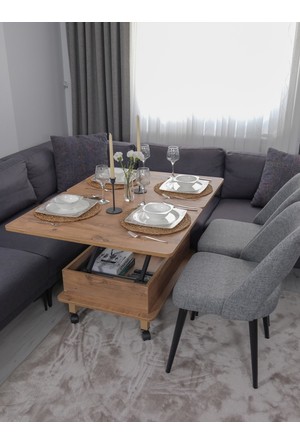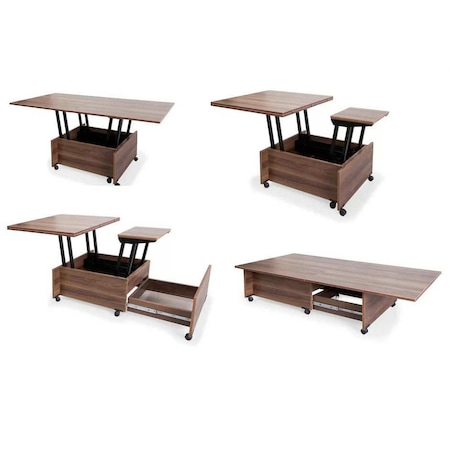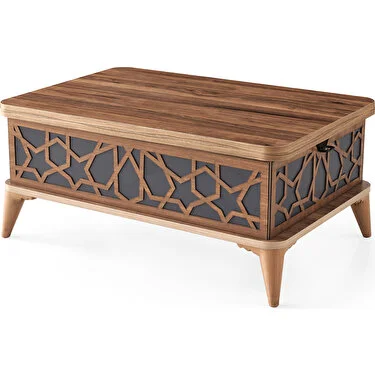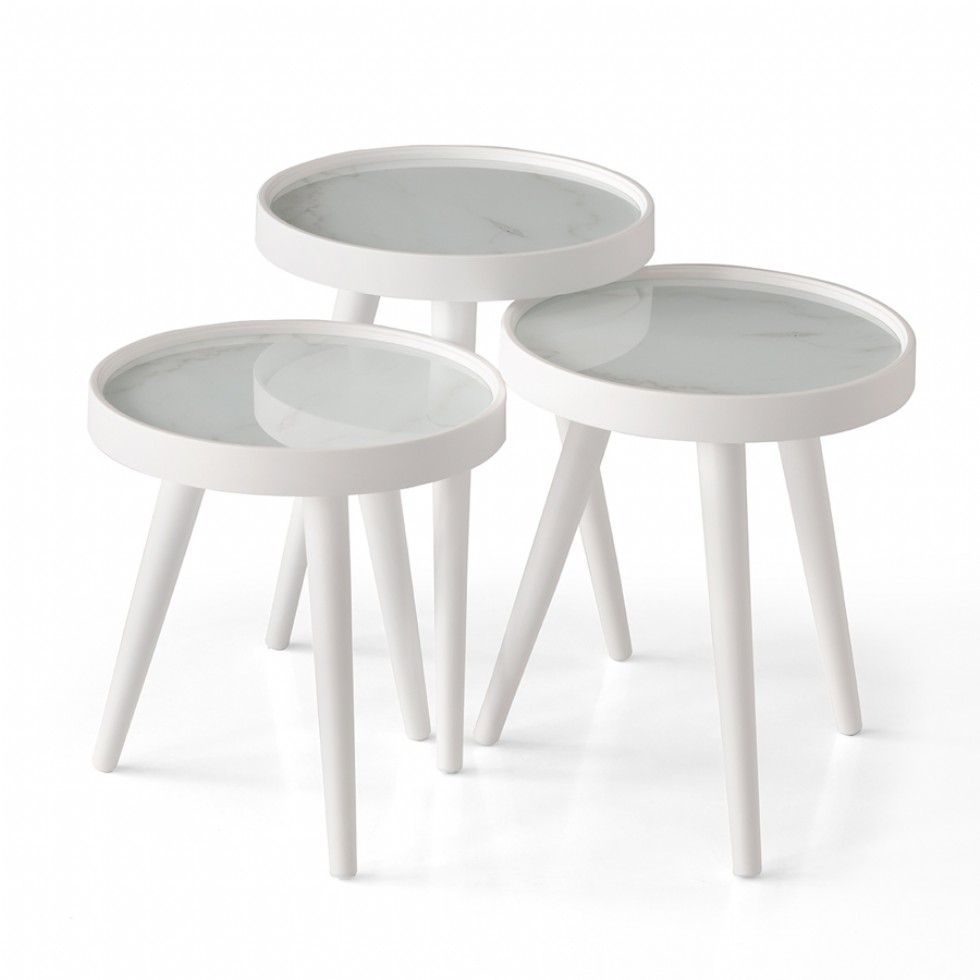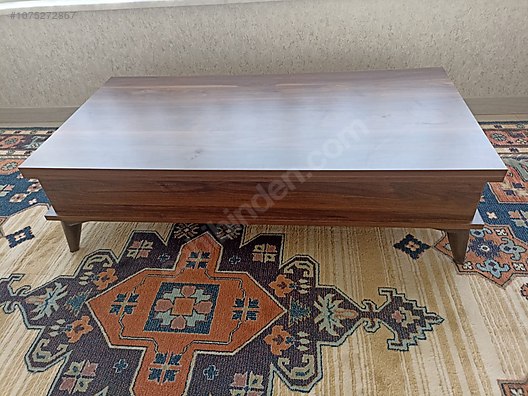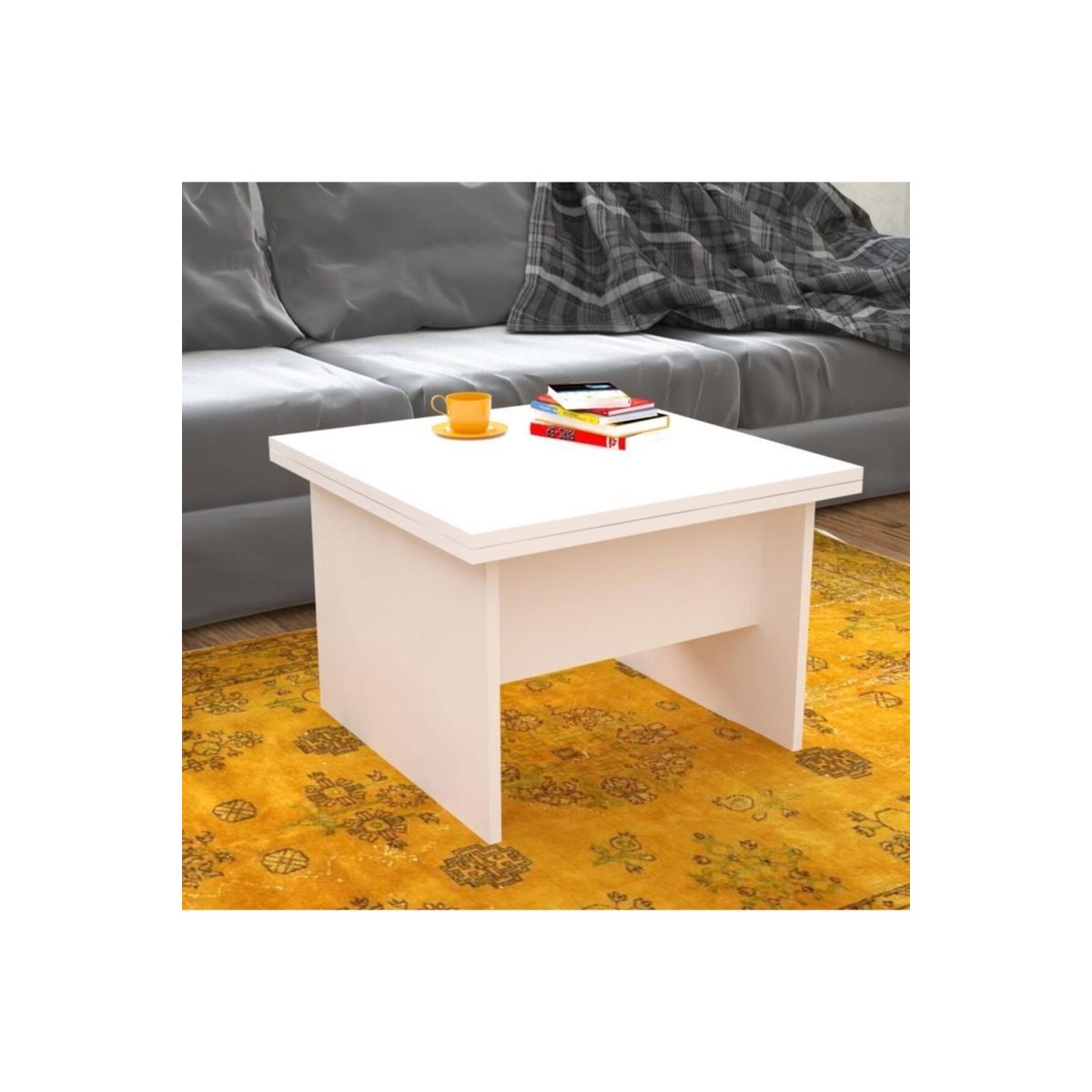
ZERENLAND 151 Akıllı Sehpa, Sihirli Sehpa, Orta Sehpa, Laptop Masası, Masaya Dönüşen Sehpa Fiyatı, Yorumları - Trendyol

Akıllı Sihirli Orta Laptop Masası Masaya Dönüşen Sehpa - Sehpa İlanları Uygun Fiyatlarıyla sahibinden.com'da - 1110405429

ZERENLAND 151 Akıllı Sehpa, Sihirli Sehpa, Orta Sehpa, Laptop Masası, Masaya Dönüşen Sehpa Fiyatı, Yorumları - Trendyol

ZERENLAND 151 Akıllı Sehpa, Sihirli Sehpa, Orta Sehpa, Laptop Masası, Masaya Dönüşen Sehpa Fiyatı, Yorumları - Trendyol

Akıllı 3 Kademeli Sihirli Orta Sehpa Masaya Dönüşen Sehpa - Fiyatları ve Diğer Mobilyalar sahibinden.com'da - 1103862027

ZEREN Land 115 Akıllı Sihirli Orta Laptop Masası Masaya Dönüşen Sehpa Fiyatları, Özellikleri ve Yorumları | En Ucuzu Akakçe

